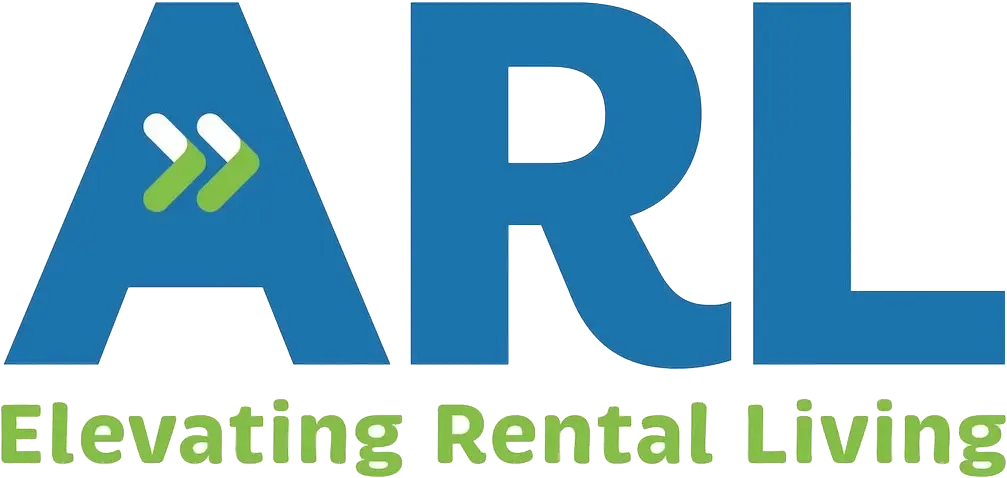The Covid-19 pandemic has been an extremely testing time for everyone involved in the rental sector, and it will have repercussions for many years to come. One thing that is clear is that tenants will have far different expectations of their home than they did four months ago. To help landlords, we’re putting together a series of articles explaining how they can unlock the potential of their properties, and offer homes fit for this new era.
Today, in part five, we’re covering what to expect from the government in the coming months.
You don’t need us to tell you that a lot has changed in the last four months, and at times the number of changes in policies for landlords can feel overwhelming.
In many ways, the normal lettings market has been put on hold, with the last major lockdown measure – the moratorium on eviction proceedings – still in place until the 24th of August.
While we definitely do not claim to be able to predict the future – especially at such an uncertain time – we do want to help landlords navigate the next few months by suggesting what to expect in terms of government policy and support.
When does the evictions ban end?
The first milestone to be aware of is the end of the government’s ban on evictions. Back in March, housing secretary Robert Jenrick said: “The government is clear, no renter who has lost income due to coronavirus will be forced out of their home.” A ban on eviction proceedings was put in place, but that ban is set to end on the 24th of August.
But things aren’t just returning straight to the old model of Section 21 and Section 8 notices.
Any landlord attempting to evict tenants will need to demonstrate the effect that the coronavirus pandemic has had on tenants or their dependents, and that will be taken into account in contentious cases.
What can landlords do?
There will also be an expectation that landlords will negotiate with tenants in good faith, rather than immediately resorting to the step of eviction.
This is part of the reason why we at flatfair spent the first two months of lockdown building a brand new tool, called Resolve, that helps landlords suggest repayment plans to their tenants.
If your tenant is behind on their rent, you are far more likely to get that money back by speaking to them and coming to a fair arrangement than by threatening to evict them immediately.
What comes next?
After the election last December, there was a lot of talk about Section 21, which the Convservative party had promised to abolish in its manifesto. The Queen’s speech given shortly after the election confirmed this plan, setting out the government’s plan for a ‘Renters’ Reform Bill.’
But best-laid plans can go to waste, and obviously the pandemic has taken attention away from reforming the rental sector.
The latest update was given right at the end of July by minister Chris Pincher, who said that the issue of Section 21 would be looked at by the government “once the urgencies of responding to the pandemic have passed”.
So it’s not known when big changes to the rental sector might come, but be sure that with flatfair you’ll be prepared for whatever the future brings.










